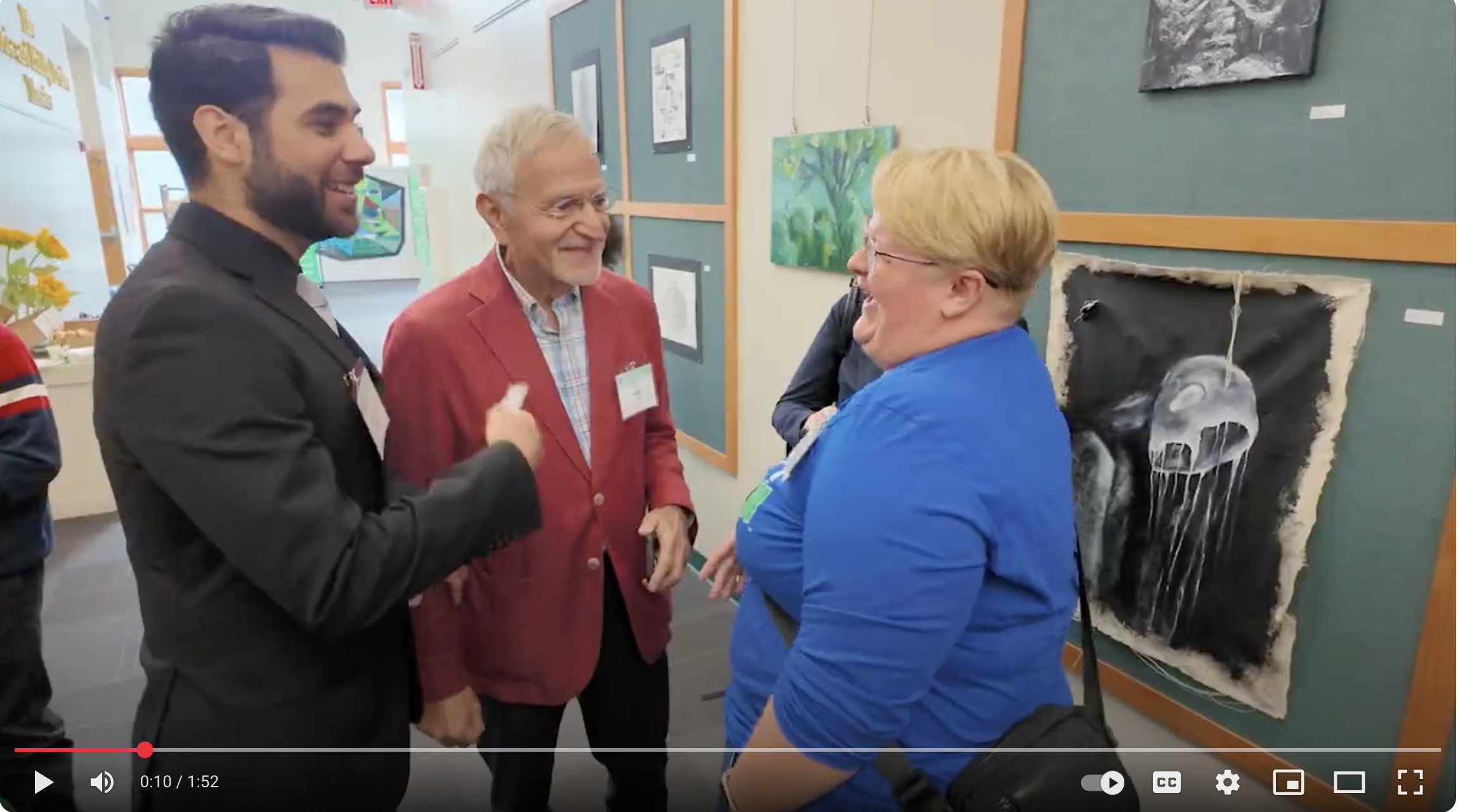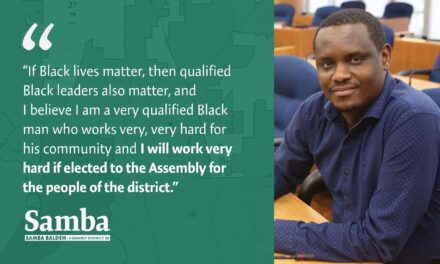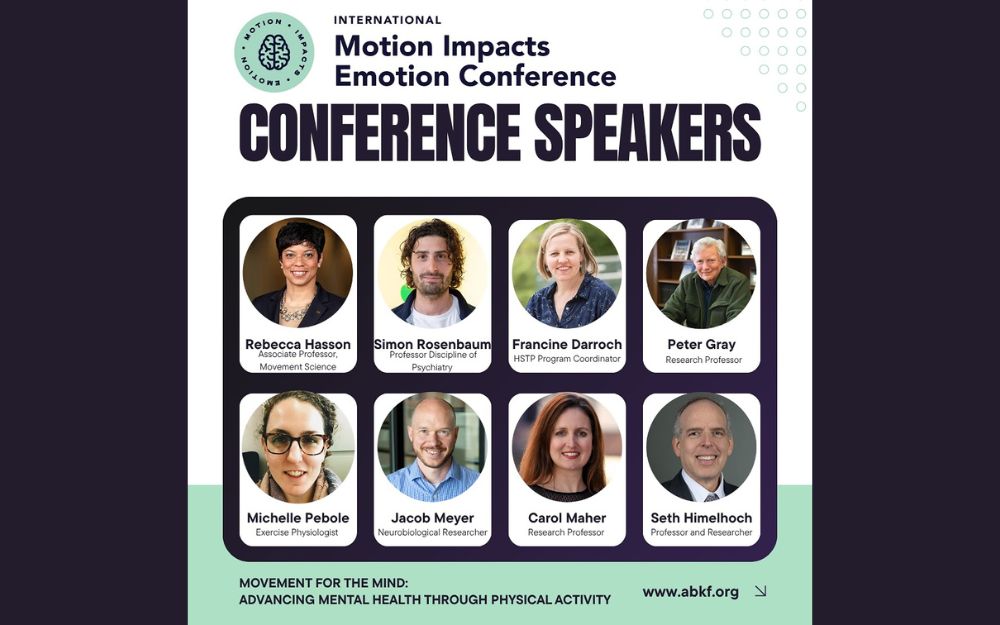
Experts speak at the second annual Motion Impacts Emotion conference in Waukesha. (Not shown: Art Kramer, Ph.D., leading researcher in aging and cognitive neuroscience; and Cheri Cope, M.S., sports psychology consultant and yoga teacher.)
Leading experts, clinicians and academics from around the world convene in Waukesha in September to explore the connection between exercise and mental health.
The second annual international Motion Impacts Emotion Conference, Sept 27-28 at the Milwaukee Marriott West, will bring together experts to share the latest research and strategies that integrate exercise, sports and movement therapies into mental health treatment. A special evening session with world-renown professor of psychology and neuroscience Peter Gray, Ph.D. is available to the general public.
The conference aims to provide cutting-edge, evidenced-based insights into the role of physical activity in mental healthcare to medical and mental health professionals, educators and policy makers, said founder Adel Korkor, M.D., of Hartland in an interview Friday.
Dr. Korkor discovered years ago that running helps him cope with anxiety. When he recently explored the connection between exercise and mental health, he “discovered thousands of research articles written as of last year and probably several hundred, maybe thousands, since then about how exercise or movement impacts the brain,” he said.
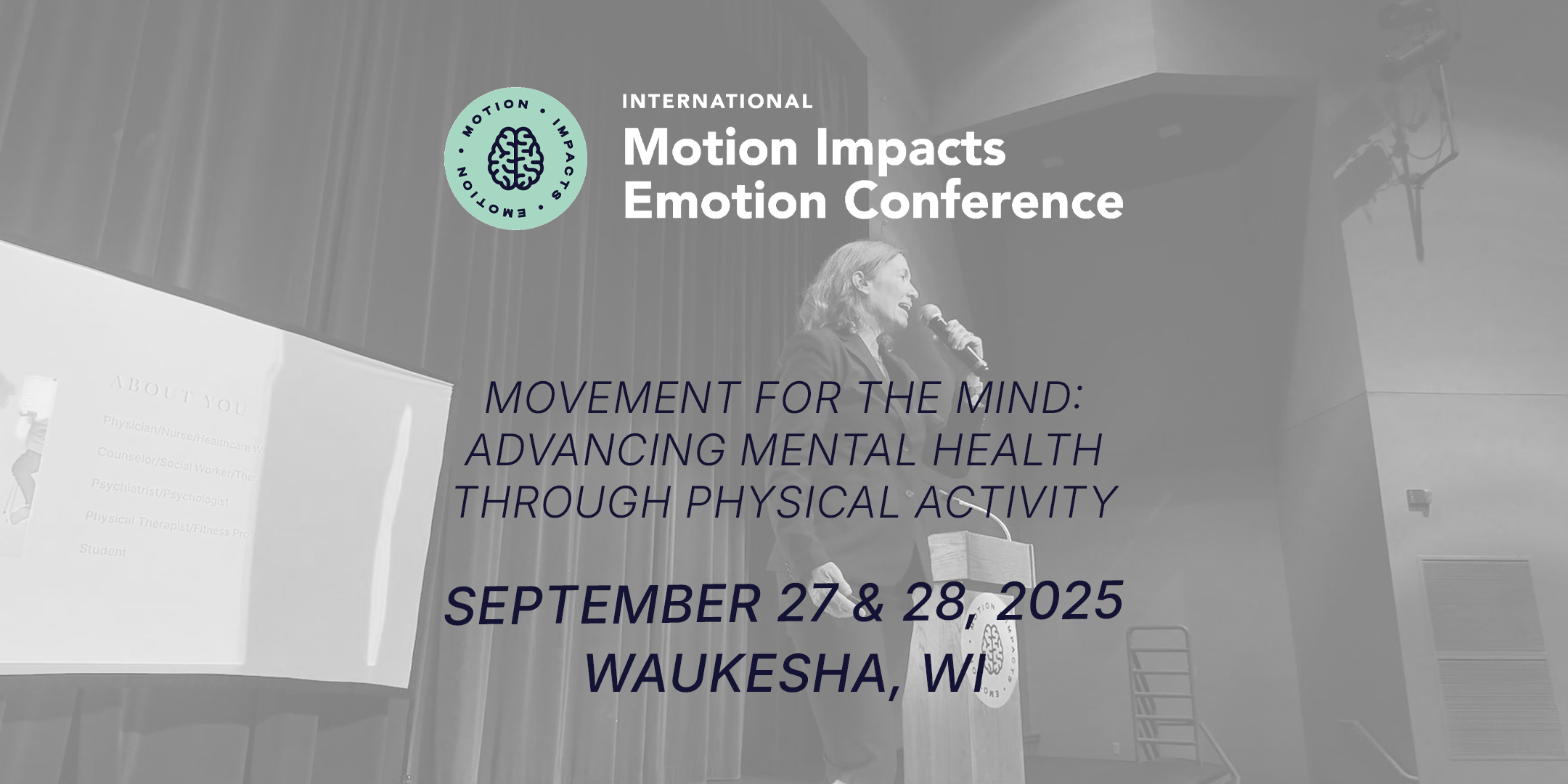
Korkor learned “exercise increases brain size and releases hormones that enter the brain and activate neurons, cell growth and connectivity. This hormonal change improves how we feel. The high we experience after a run is truly a reflection of hormonal changes that impact our hypothalamus, where our emotions lie.
“In addition, there’s an enormous amount of absolutely solid data to show exercise prevents Alzheimer’s disease and improves cognitive function. Studies done on people who have early cognitive impairments show that in those who exercise, the rate of decline in their cognitive function decreased substantially.
“I decided to put together a conference because not a lot of people know about it. I want to bring it to the forefront of mental healthcare because a lot of people can benefit from it,” he said.
Adel B. Korkor, M.D., of Hartland (center) founded the Motion Impacts Emotion conference in 2024.
What to expect
Ten experts from Australia, Canada and the United States, from a variety of fields—aging and cognition, child development, exercise physiology, mood disorders, movement and sports science, neuroscience, pediatrics, psychology and psychiatry, public health, reproductive medicine, sleep medicine, substance abuse, violence and domestic abuse, trauma and yoga—will discuss the interaction between exercise and wellbeing with an interdisciplinary, holistic perspective.
Topics include the effects of exercise and physical activity on cognitive and brain health across the lifespan, the role of physical activity in youth emotion regulation, trauma- and violence-informed physical activity programs, digital tools for mental health, lifestyle interventions in mental health care, resistance exercise as a therapeutic tool for depression, and more.
Sessions are tailored for physicians, nurses and other healthcare workers; psychologists and psychiatrists; neuropsychologists; counselors, social workers and therapists; physical therapists and fitness enthusiasts; mental health advocates; and students, the website notes. Continuing education credits are available.
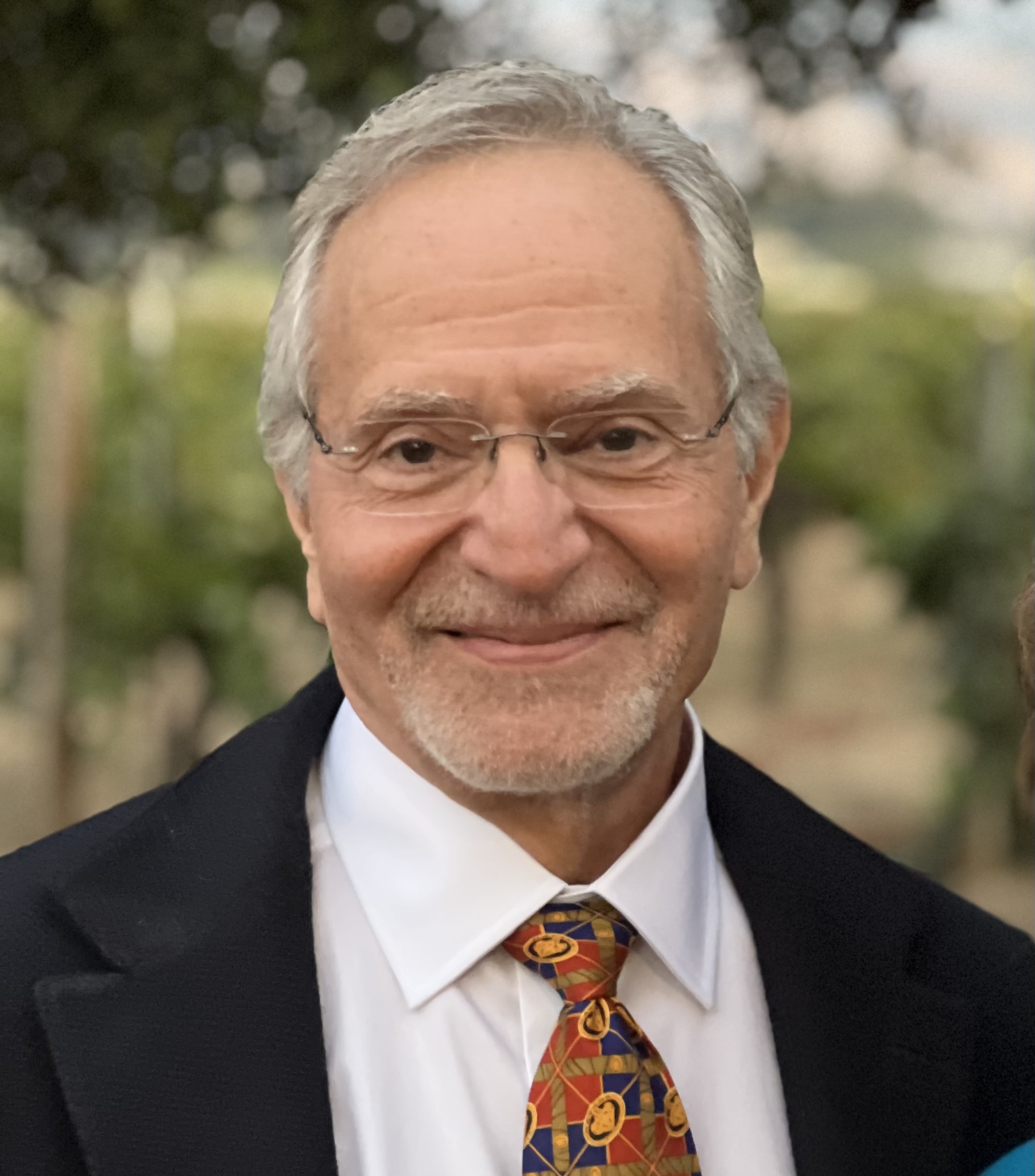
Adel B. Korkor, M.D., founder and CEO
AB Korkor Foundation for Mental Health
The inaugural conference last year drew 150 people. Among them were Doctors Imad and Sahar Katib of Brookfield.
“National and international speakers presented their research and explained their findings, supporting the strong relationship between physical and mental health,” the Katibs replied in email to questions from the Wisconsin Muslim Journal. “It was well-attended. We enjoyed the conference and the content. It provided a meeting forum where participants agreed on how important mental health is and how researchers and clinicians can cooperate to advance that field and help patients,” they wrote.
Conference organizers added more time for discussion in this second rendition. “This year, we’ve expanded the conference to include more open dialogues and conversations in the afternoons,” Korkor noted. “We felt we need to allow more time for people to participate and ask questions, and include more dialogue among speakers so we can figure out how we can put our knowledge and understanding of how exercise impacts emotion into practice with patients.”
The conference includes two full days of sessions, breakfast and lunch. The two-day registration fee is $195. It also includes the special session with Dr. Gray. Register on the conference website (scroll to the bottom of the page).
Discounts are available for students. The student rate is $50 and the first 25 students to register will receive the discounted rate of $35. For student rates, reach out to info@abkf.org with a copy of your valid student ID. You will receive a promo code to apply at checkout.
Those wanting to attend the session with Dr. Gray only can register for it on the site for a $25 fee.
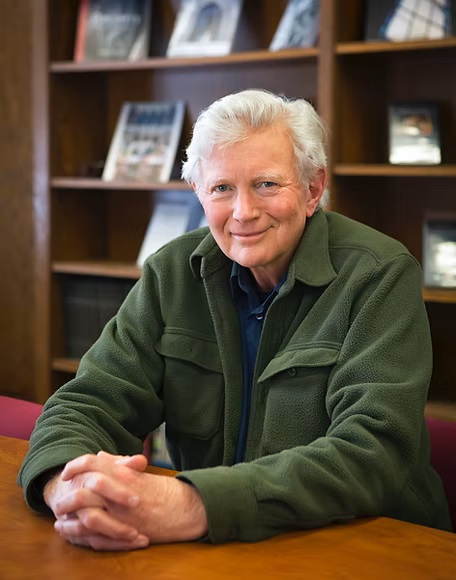
Peter Gray, Ph.D.
Professor of psychology and neuroscience
Special session with world leader in research on play
A Saturday evening keynote session will be held with world renowned psychologist and neuroscientist Peter Gray, Ph.D., acclaimed for being among the first to highlight the importance of independent play in child development. The former Boston College research professor and author will deliver a talk titled, Mother Nature’s Prescription for Mental Wellbeing: The Power of Play and other Self-Directed Activity. It will take place Saturday, Sept. 27, from 7 – 9 p.m.
Dr. Gray “will draw from decades of research in developmental and evolutionary psychology to illustrate how free play and self-directed learning are not luxuries, but essential components of healthy emotional and cognitive development. With increasing rates of anxiety, depression and burnout—particularly among children and young adults—Dr. Gray offers a timely and evidence-based perspective on how returning to nature’s blueprint for learning and living can help restore balance and joy in our lives,” the conference website says.
A 2020 profile of Gray in The Ageist calls him “one of the primary voices and champions of a growing movement of parents rethinking the way children are schooled. ‘Unschoolers,’ as they call themselves, believe that the top-down, programmatic nature of schooling in America is harming children and inhibiting their natural curiosity and growth.”
Gray’s book, Free to Learn, explores the importance of play in the life of a child and the detrimental effects on children when the play is too regimented.
The general public may register for Dr. Gray’s session for $25. Register here. (Scroll to the bottom of the page.)
